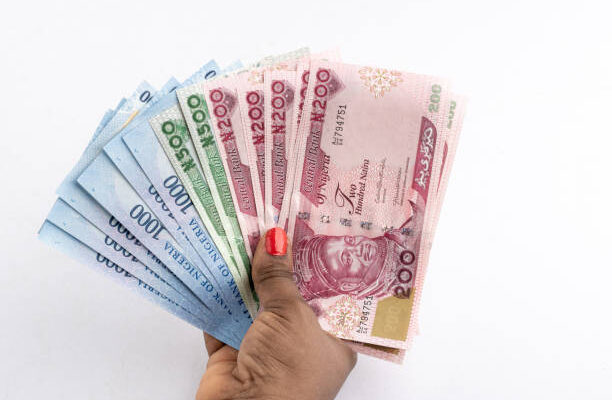The naira stabilised across both official and parallel markets on Tuesday, signaling growing investor confidence in Nigeria’s monetary policy reforms and improved foreign exchange market mechanisms.
The local currency closed at N1,534.21 per dollar in the official Nigerian Foreign Exchange Market (NAFEM) and traded between N1,535 and N1,540 in the parallel market.
The narrowing gap between the two markets reflects the early success of the Central Bank of Nigeria’s (CBN) foreign exchange (FX) reform measures aimed at improving market transparency, boosting capital inflows, and aligning exchange rates.
According to financial analysts, the convergence in both markets and the appreciation of the naira in official channels mark a strategic turning point in Nigeria’s currency stability efforts.
“The relative stability we are seeing is the result of deliberate policy alignment by the CBN, especially with unified forex windows and active liquidity management,” said Dr. Tunde Omotosho, a Lagos-based economist.
“It’s a significant confidence booster for investors who were previously wary of the dual exchange rate regime.”
“We’ve seen a shift from hesitation to optimism,” noted Ijeoma Oduah, an investment strategist at a Lagos-based asset firm.
“Naira assets, particularly government bonds, are now outperforming due to improved forex clarity, higher interest rates, and a stronger fiscal position.”
Nigeria’s economic data continues to support this optimism. The Federal Government’s revenue rose by 43 per cent in the first half of 2025, bolstered by tax reforms and improved oil receipts.
Meanwhile, inflation declined to 22.2 per cent in June, marking the third consecutive monthly drop. The CBN has held its benchmark interest rate steady at 27.5 per cent, maintaining its tight monetary stance to curb inflation and support the naira.
In a further boost, Nigeria’s rebased GDP jumped by 30 per cent, lifting economic indicators and improving the country’s debt-to-GDP ratio, which has helped to facilitate new borrowings and boost credit ratings.
Analysts agree that while Nigeria’s forex reforms are beginning to yield results, sustained success will depend on fiscal discipline, continued structural reforms, and stable oil prices.
“Nigeria is in a much better place today than it was six months ago, but maintaining forex market discipline and deepening reserves are key to long-term success,” said Dr. Omotosho. “As global markets shift, we must keep reform momentum strong and stay vigilant.”
